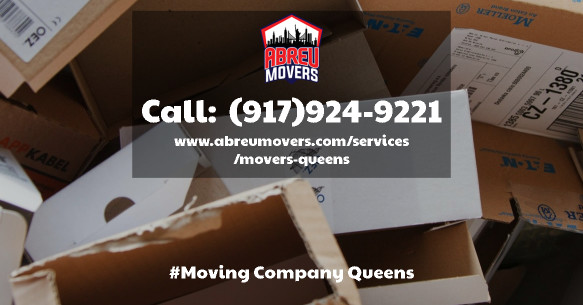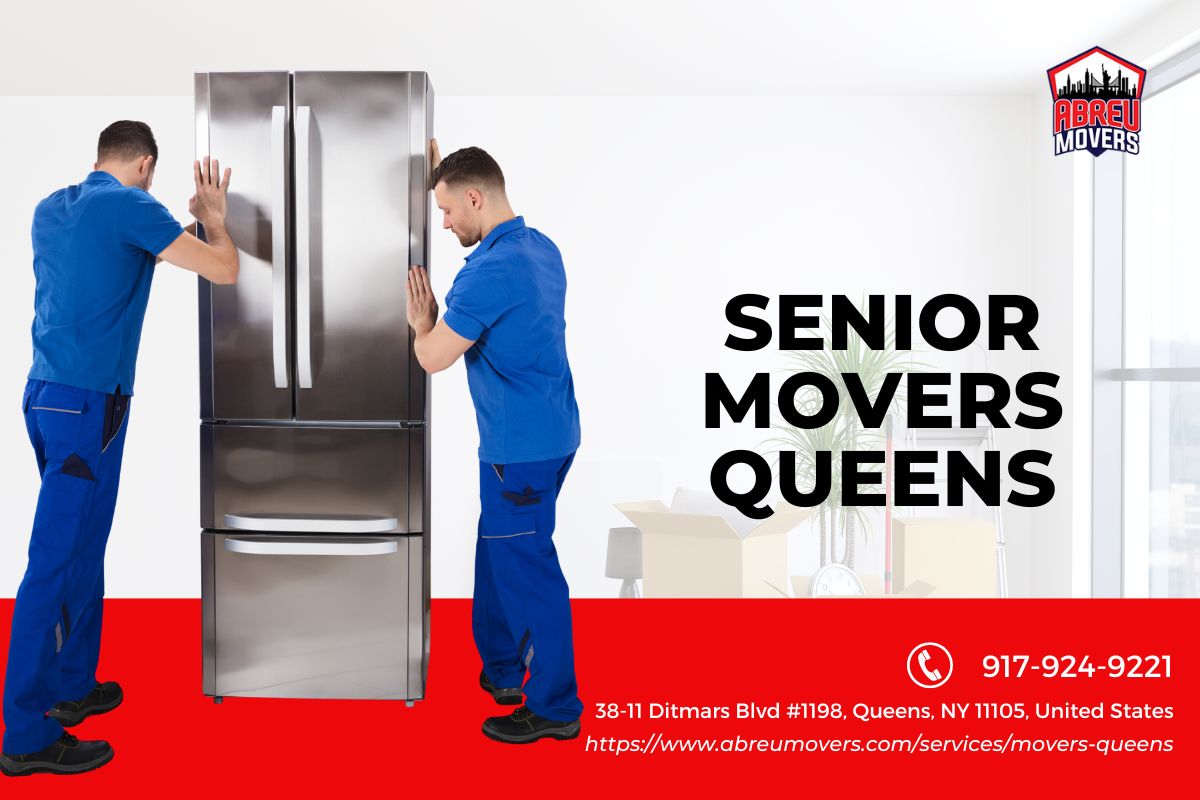


Introduction
Moving into a rental property can be an exciting yet daunting experience. Whether you are a first-time renter or have done it before, there are certain rights and responsibilities that you should be aware of when moving into a rental property in Queens. Knowing these can help ensure a smooth transition and protect your interests as a tenant. In this article, we will explore the key aspects of moving into a rental property in Queens, including your rights as a tenant and the responsibilities that come with it.
Rights as a Tenant
Understanding Your Lease Agreement
One of the most important rights you have as a tenant is the right to understand and review your lease agreement thoroughly. Your lease agreement is a legally binding contract between you and the landlord, outlining the terms and conditions of your tenancy. It is crucial to read and understand every clause before signing it.
Security Deposit Protection
When renting a property in Queens, landlords are required by law to safeguard your security deposit. This means that they must keep it separate from their own funds and provide you with written documentation regarding its protection. Additionally, landlords are required to return your security deposit within a reasonable time frame after you move out, minus any deductions for damages beyond normal wear and tear.
Right to Privacy
As a tenant, you have the right to privacy within your rental unit. This means that your landlord cannot enter your unit without prior notice or permission unless it is an emergency situation. Generally, landlords are required to provide at least 24 hours' notice before entering your premises for non-emergency reasons.
Protection Against Unfair Eviction
New York State provides tenants with strong protections against unfair eviction. Landlords must have valid reasons for evicting tenants, such as non-payment of rent or violation of lease terms. They must follow specific legal procedures and provide proper notice before initiating eviction proceedings.
Habitability and Repairs
Under the law, landlords are responsible for maintaining habitable conditions in their rental properties. This means that they must ensure that your unit is safe, clean, and in good repair. If there are any issues with the property that affect its habitability, such as plumbing or heating problems, it is the landlord's responsibility to address them within a reasonable time frame.
Responsibilities as a Tenant
Paying Rent on Time
One of your primary responsibilities as a tenant is to pay rent on https://abreumovers.com/services/movers-queens/ time. Your lease agreement will outline the due date and acceptable methods of payment. It is essential to adhere to these terms to maintain a good relationship with your landlord and avoid any potential legal issues.
Keeping the Property Clean and Well-Maintained
While landlords are responsible for major repairs and maintenance, tenants have a duty to keep the property clean and well-maintained. This includes regular cleaning, proper disposal of garbage, and reporting any maintenance issues promptly to the landlord.
Respecting Noise Levels and Neighbors
Being respectful towards your neighbors and maintaining reasonable noise levels is another important responsibility as a tenant. Excessive noise can disrupt the peace and comfort of others living in the building. Be mindful of quiet hours and any specific rules outlined in your lease agreement regarding noise restrictions.
Reporting Damages or Issues
If you notice any damages or issues with your rental property, it is crucial to report them to your landlord immediately. This includes both minor repairs and major safety concerns. Prompt reporting allows the landlord to address these problems promptly, ensuring a safe living environment for everyone.
Complying with Lease Terms
Your lease agreement sets out specific terms that you must comply with as a tenant. These may include restrictions on pets, smoking, or alterations to the property without prior consent from the landlord. It is important to familiarize yourself with these terms and adhere to them throughout your tenancy.
Leaving the Property in Good Condition
When it comes time to move out of your rental property, you are responsible for leaving it in good condition. This means cleaning the unit thoroughly, removing all personal belongings, and addressing any damages beyond normal wear and tear. By leaving the property in good condition, you increase the chances of receiving your security deposit back in full.
FAQs
Can my landlord increase the rent during my lease term?
In Queens, landlords generally cannot increase the rent during a lease term unless specified in the lease agreement. However, they may raise the rent when renewing or entering into a new lease agreement.
What can I do if my landlord fails to make necessary repairs?
If your landlord fails to make necessary repairs within a reasonable time frame, you can file a complaint with the local housing agency or seek legal advice from an attorney specializing in tenant rights.
Are there any restrictions on security deposit amounts?
While there are no specific limits on security deposit amounts in Queens, landlords must follow certain guidelines regarding their protection and return as mentioned earlier.
Can my landlord enter my rental unit without notice?
Generally, landlords must provide at least 24 hours' notice before entering your rental unit for non-emergency reasons. However, there may be exceptions in case of emergencies or with proper consent from the tenant.
What happens if I break my lease agreement early?
Breaking a lease agreement early can have financial consequences. You may be responsible for paying rent until a new tenant is found or until the end of your lease term, depending on the circumstances and state laws.
Do I need renters insurance?
While not legally required, renters insurance is highly recommended. It provides coverage for your personal belongings and liability protection in case of accidents or damages within your rental unit.
Conclusion
Moving into a rental property in Queens comes with certain rights and responsibilities for both tenants and landlords. By understanding your rights as a tenant, such as reviewing your lease agreement, protecting your security deposit, and ensuring privacy, you can navigate the rental process more confidently. Similarly, fulfilling your responsibilities as a tenant, including paying rent on time, maintaining cleanliness, and respecting neighbors, contributes to a harmonious living environment. Remember to always communicate openly with your landlord and seek legal advice when needed to ensure a positive renting experience.